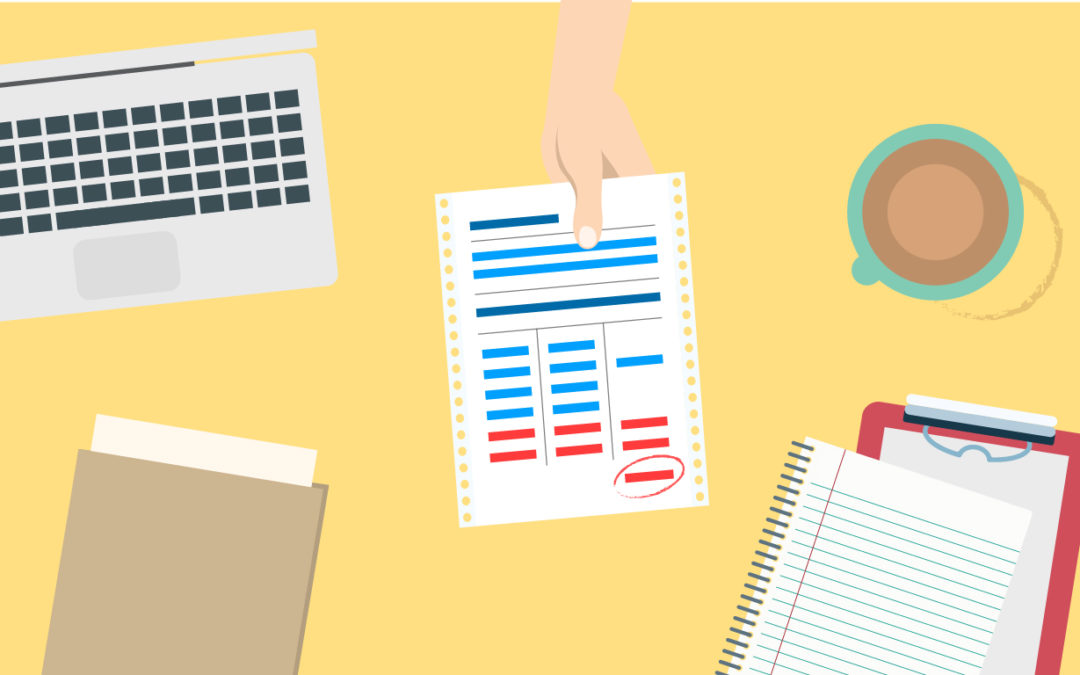This week, Philip Hammond, the Chancellor of the Exchequer announced the government’s annual budget for the upcoming financial year. The government brought forward this set-piece economic statement to keep it clear from the Brexit talks that are set to climax in November.
So, how does the budget personally affect you? Any planned changes in tax and government spending which, if they pass the Commons, will have an impact on the prices you pay – from grocery shopping to the cost of filling up your car, as well as the money you earn and you can keep.
How will my finances be affected?
Here are the key takeaways and what it means for you:
1. Personal taxation and wages
From April 2019, the basic rate tax threshold will rise to £12,500 and the higher rate to £50,000. This means that you pay no tax until you earn over £12,500. If you do earn over £12,500 you will pay at least £130 less in tax .For students with part time jobs, this increase in the tax threshold may well mean you pay no tax at all!
2. Working for yourself or as a freelancer
If you work for yourself or freelance then the tightening of the IR35 rules is likely to impact self-employed people and consultants. Basically, if you work like an employee of a business, you should pay income tax, and NI, at the 12% rate.Up to now many contractors working in the private sector have been paying less.
3. Minimum wage
The Chancellor announced the minimum wage will go up for all age groups:
- 16-17 year olds: from £4.20 to £4.35
- 18-20 year olds: from £5.90 to £6.15
- 21-24 year olds: from £7.38 to £7.70
4. Healthcare
Alongside an extra £20.5 billion for the NHS over the next five years the Chancellor committed £2 billion specifically to ensure their is comprehensive mental health support in all major A&E departments in hospitals around the country.
5. The smart way to travel – ‘the millennial railcard’ for under 30s’
The Young Person’s Railcard for those aged from 16-25 that has been saving students on the cost of rail travel has now been extended to 16-30. The ‘millennial railcard’ is expected to be available by the end of this year on off-peak rail travel. Based on a trial, users typically took 6 leisure journeys covering 400 miles over the course of a year. National Rail expects to save card holders about £125 per year – with the expected cost of the card to be £30 per year, it’s an easy way to save money.
What can I do to stay on top of my finances?
In order to take better control of your money, you first need to understand the fundamentals of tax. Watch our pathway on Tax to learn more about income tax, how it works and how to take advantage of tax deductions. On top of that, understand how to save money through learning about the fundamentals of Budgeting and create your student budget with our online calculator.

